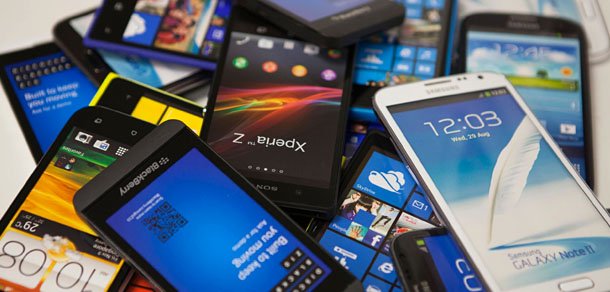
Vendors rolling out initial apps for mobile devices
Across markets, smart phones are being used for more than phone calls, texts and email. It is easy to focus on brand new functions, but the biggest impact may be in the way people interact with long-standing services. Handsets are changing banking, retailing, marketing, health care, public service delivery and virtually every other aspect of modern life–including campus card programs.
In May Google announced two new products, Google Wallet and Google Offers. They enable handset-based mobile marketing and payment functionality via near field communication. During the event announcing the product, Google reps highlighted student IDs as an ideal application for their Wallet platform.
Google Wallet will impact banking and retailing long before it hits campuses, but this mention may be a sign of things to come. The lack of NFC-enabled handsets in the U.S. will limit the use at colleges and universities but campus card providers are already gearing up for the eventual use of the mobile as an ID with different applications. Mobile marketing has also been a hot topic among campus card providers but most are still trying to figure out how to properly implement it.
Students entering college in 2011 are “digital natives,” all their lives they have been around technology, the Internet and mobile devices, says Kirsten Butzow, vice president of product management and marketing at Blackboard. “It’s not too big of a leap to consider the smart phone the credential of the future,” she says.
Blackboard plans to rollout its first mobile application later this year. It will enable students to use their mobile device to make deposits, report a lost or stolen card, search for transactions, change a PIN and other customer service functions, Butzow says.
Eventually the technology will move to contactless and NFC, Butzow says. Blackboard has already migrated a number of its campus card clients to Sony’s contactless FeliCa technology. The company will soon add support for NXP’s Mifare and DESFire technology through its 4000 series card readers scheduled for release in 2012. “The investment clients have made in Blackboard hardware will still be there and they can move to different credentials,” she adds.
As more NFC-enabled handsets hit the market, Blackboard sees the mobile being used with the card. “We expect to use an NFC-compliant device in the future as a credential to access goods and services,” Butzow explains, “but we don’t expect the card to be displaced.”
Heartland Campus solutions is also investing in mobile applications, says Fred Emery, vice president and general manager at the company. “We are reaching out to students and add functionality for those who are using their phones,” he says.
The company has a mobile app that enables students to manage their card accounts, Emery says. Students can add funds, check balances and even show a map of where the card can be used. “If they want to see where they can get a soda or find a vending machine that’s attached to the one card system the app will help them,” he adds.
Another mobile application Heartland offers is Campus Assist, designed for two-way communication between the student and campus, Emery says.
Heartland is also working with Residential Management Systems Inc. and oMbiel to offer other mobile apps to students. The company’s campusM is a mobile application that combines university services in a smart phone. One quick click gives students access to information about their university, upcoming events, campus maps and directions, library records, contacts, latest news and important alerts to help them get the most out of university life. The apps are available for iOS, Android, Window Mobile and BlackBerry.
A version of the app was made available to attendees at the July annual meeting of the National Association of College and University Business Officers in Tampa, Fla. The service enabled attendees to:
The CBORD Group has an application for students who forget their ID and need to open up their residence hall door, says Read Winkelman, vice president of sales at the company. If a school has online, electronic locks it can set up a system where a student texts a number and the door will open after a certain amount of time.




